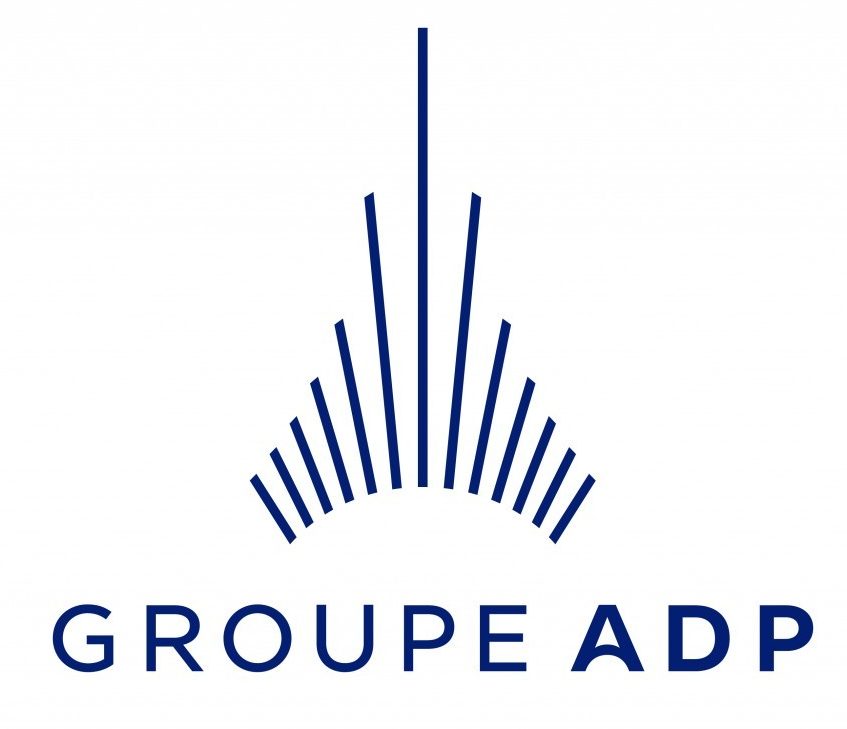
The Groupe ADP, formerly Aéroports de Paris, is a French company that builds, designs and operates airports. The Paris and surrounding region’s airports are operated under the Groupe ADP’s traveller brand, Paris Aéroport. The Groupe employs over 6 500 people and called upon dydu to implement IT, HR and legal chatbots.
Jean-Michel Duvivier, IT Innovation Project Manager, is describing the set up of the chatbot and their first results.
What is your role within the organisation?
I am a project manager within the innovation branch of the Information Systems Division at Groupe ADP.
What digital issues are you currently tackling, particularly in terms of conversational technology?
Our objective is to improve user satisfaction with the assistance provided to the different business units. This meets our commitment to significantly improve the quality of our tier 1 service departments’ (IT, HR, etc) responses.
Which problem(s) were you looking to solve by automating your user dialogues?
A portion of our employees work outside of normal working hours. With the implementation of chatbots, our support services are available 24/7 and in real time.
Why did you choose dydu?
Exchanges and seminars with our partners and subsidiaries are organised throughout the year. Within this context, we carried out several benchmark studies in 2017, including one on conversational robots.
Following this analysis, we decided to carry out a trial run with dydu, which proved to be successful, and are currently entering an industrialisation and production phase..
What difficulties did you face and how did you overcome them?
We have been working with the same dydu teams from the beginning of the project, so the difficulties faced haven’t been of a technical nature, but more with the implementation of internal change management.
Any anecdotes about the project?
When we launched the POC with beta-testers within the Information Systems Division, the first exchanges with the bot were of a culinary, and not technical, nature. There was a social movement at the time and with the office canteen closed, users wanted to know where to go for lunch.
What benefits have you observed since implementing the solution?
We don’t have any figures at this stage, rather qualitative objectives:
- Increase of user satisfaction through an improved handling of requests
- Decrease of number of calls and emails to the different service departments
- Reduction of subcontracting costs
- Improved productivity amongst the in-house service department teams
- Redeployment and upskilling of tier 1 support teams to tiers 2 & 3
Do you consider the project to be a success? For what reasons?
Yes, absolutely. The departments that placed their trust in us during the trial runs now want the project to enter production.
How do you see conversational technologies evolving in years to come?
Chatbots will assist users with any recurring and currently non-automated tasks:
- Booking a meeting room
- Preparing for an appointment
- Requesting and approving leave
- Booking transportation
- Controlling the office air conditioning
With these new features the user will no longer need to connect to multiple applications, because the chatbot will instead.
How do you plan to remain innovative in this sector?
Today, chatbots dialogue through writing, tomorrow chatbots will be voicebots. We’re even launching a POC with dydu this year!





